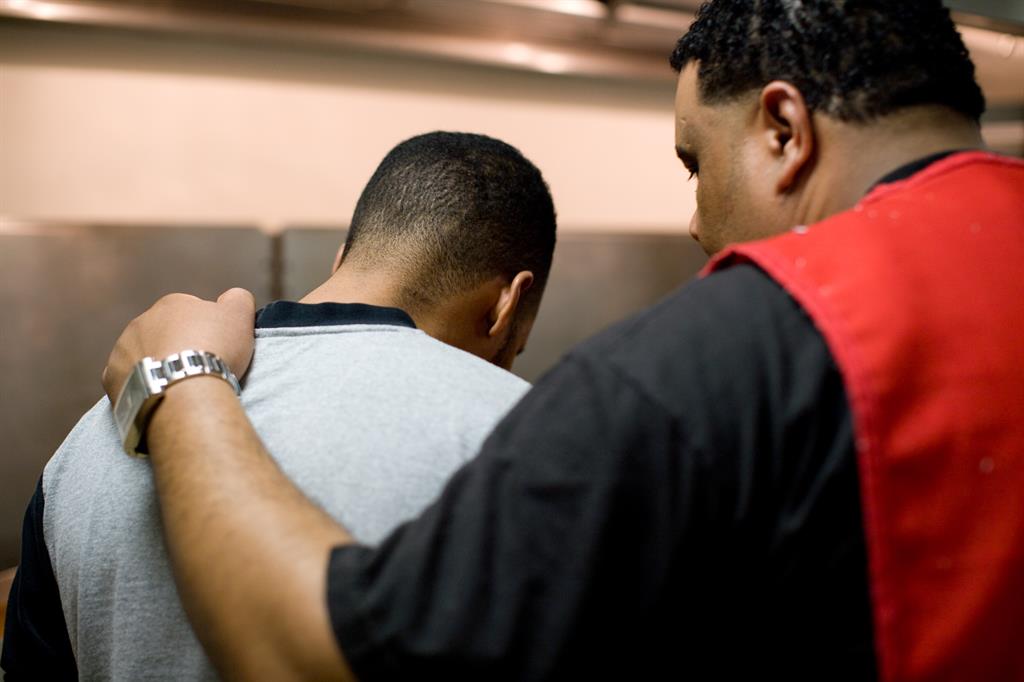|
The Alternative to Incarceration
 The Alternative to Incarceration program has both residential and non-residential components, depending upon an offender's circumstance. Because offenders become part of the Abraham House family in a very real sense, the program is designed to be small and intimate. Currently a maximum of 10 residential and 15 to 20 non-residential offenders can be accommodated at Abraham House at any one time. The minimum length of stay for all participants is one year; the maximum is up to three years. The Alternative to Incarceration program has both residential and non-residential components, depending upon an offender's circumstance. Because offenders become part of the Abraham House family in a very real sense, the program is designed to be small and intimate. Currently a maximum of 10 residential and 15 to 20 non-residential offenders can be accommodated at Abraham House at any one time. The minimum length of stay for all participants is one year; the maximum is up to three years.
Abraham House staff work closely with the courts - judges, lawyers, District Attorneys, probation officers - to identify appropriate candidates for the program. In general, candidates are first time offenders who must be prepared to admit their past mistakes and work to turn their lives around. Each candidate undergoes an intensive interview process; generally only one in 10 is accepted into the program. Before a client is accepted, the staff submits a service plan to the court for approval.
Both residential and non-residential offenders attend weekly group counseling sessions. They are also helped to complete their education or job training and must find work and stay employed. Those with severe substance abuse or mental health issues must complete residential programs before entering Abraham House; out patient support can continue while they are here. Community service, both in and outside the home, is required; on weekends offenders participate in group counseling, voluntarily attend religious services, and help prepare the communal meal for families taking part in the Pastoral Program.
Abraham House is unique among alternative to incarceration programs because it prepares participants for re-entry from the very first day of the program. Counseling employs the evidence-based Moral Reconation Therapy (MRT) which attempts to guide an individual's judgment and decision making by using reflection and moral reasoning. Participants are encouraged to take financial and emotional responsibility for their families and to contribute to their community.
For many participants, Abraham House is the first family they have ever had, and they must learn how to relate to others, how to trust, and how to accept and give love. As one participant told Sister Simone on his birthday, "No one ever wished me Happy Birthday before." The program is not for everyone, but for those willing to embrace it, Abraham House offers a life-changing experience.
|
|
|
| THE FACT |
|
Nationally, more than half of released offenders are back in prison within three years. Bureau of Justice Statistics.
While people in every state and of every race, gender and income level make up the nation's dropouts, the crisis affects low-income youth, males, Hispanics and African-Americans disproportionately. Center for Labor Market Studies.
Strengthening the family network improves outcomes for both the prisoner and the individual family members. Urban Institute, Justice Policy Center.
|
|

|
|